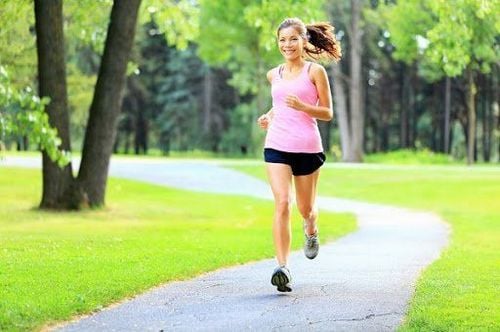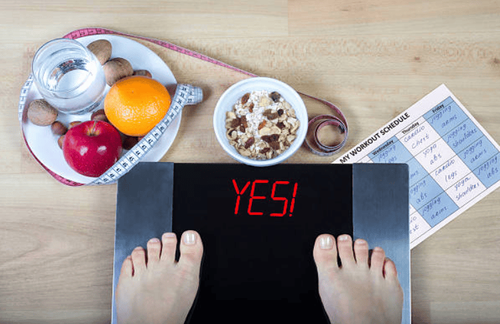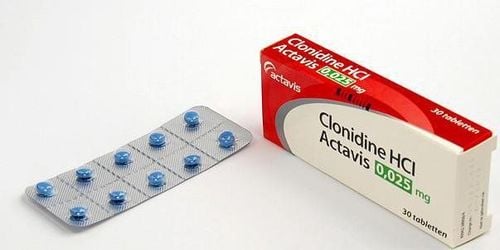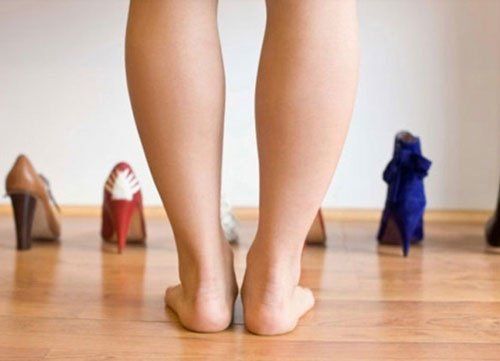This is an automatically translated article.
Physical activity plays an important role in keeping us all healthy, so it is very important to be physically active on a regular basis.1. What is physical activity?
Physical activity is simply the movement of the body using energy. Walking, gardening, pushing a baby stroller, climbing stairs, playing soccer or dancing at night are all good examples of being active. To be healthy, physical activity should be of moderate or vigorous intensity.Physical activity or exercise can improve your health and reduce your risk of developing certain diseases such as type 2 diabetes, cancer and cardiovascular disease.
Physical activity and exercise can have immediate and long-term health benefits. Most importantly, regular activity can improve your quality of life. A minimum of 30 minutes a day can allow you to enjoy these benefits.

Hoạt động thể chất và tập thể dục có thể có lợi cho sức khỏe ngay lập tức và lâu dài
2. Benefits of physical activity
Physical activity throughout life has many health benefits and is essential for good health throughout life.2.1. Benefits in children Regular physical activity is beneficial for healthy physical, mental and social development in children, and can help:
Develop healthy bones, muscles and joints. Develop a healthy heart and lungs. Develop coordination and control of movement. Supports social development by providing opportunities for self-expression, confidence building, socialization and integration. Regular physical activity can also make it easier for older children to adopt other healthy behaviors (for example, avoiding smoking, alcohol and drug use). There is also some evidence that participating in physical activity can be beneficial for academic performance in school. 2.2. Benefits in adults Regular physical activity helps to maintain:
Healthy joints and muscles. Reasonable weight. Sleep normally. Regular physical activity also:
Reduces signs and symptoms of depression and anxiety May be linked to social interaction that can help improve self-esteem There is evidence that physical activity can May reduce the risk of many common diseases including: Heart disease. Certain cancers, including breast and colon cancer. Type 2 diabetes. Osteoporosis (weak bones).
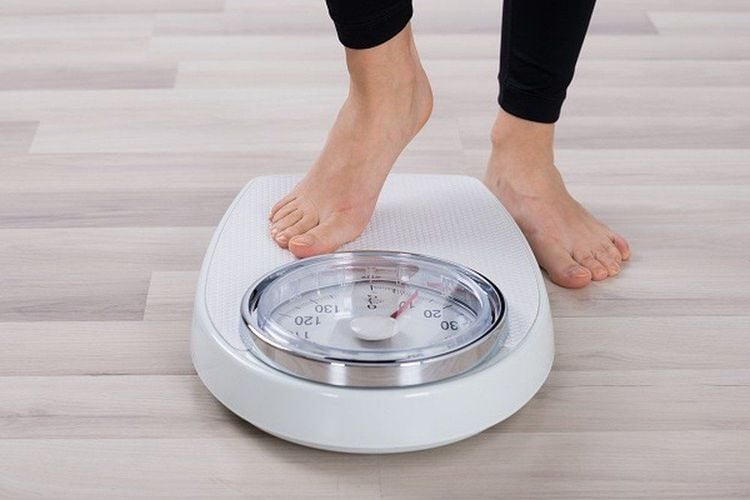
Hoạt động thể chất giúp duy trì chỉ số cân nặng hợp lý của người lớn
3. How much exercise is enough?
3.1. Children 0-5 years of age Physical activity should be encouraged, as early as possible. Starting physical activity early in life can help with healthy growth and development and establish healthy habits for years to come.Even before your baby can crawl or walk, it's important to try to get him moving every day.
You can encourage your baby to be physically active by:
Reaching for and grabbing toys. Gently push or pull your arms and legs. Move their head, legs, and arms during daily routines such as dressing. There's floor time including tummy time. Appropriate water-based activities, e.g. parent-baby swimming lessons. Once your child has moved on his or her own, encourage your child to be as active as possible ensuring the environment is safe and supervised at all times. Whenever possible, try to reduce the amount of time your baby spends in a crib, car seat, high chair, walker, or stroller.
How many minutes should exercise a day? Aim for at least 3 hours a day: When children start to walk, they should be active for at least 180 minutes a day (3 hours). This can include light activity and more energetic activity, as well as active play. It should be spread during the day and the activity can be indoors or outdoors, ensuring that the environment is safe and that they are supervised at all times.
Fun activities can include trips to the park or a game of chase, or on a rainy day why not turn on the music and dance.
3.2. Age 5-18 years old How many minutes is enough exercise? Children and young adults need at least 60 minutes of physical activity each day to help stay healthy.
This should be a combination of moderate-intensity and vigorous-intensity activities.
Vigorous activities, including muscle and bone strengthening activities (recommended at least three days a week).
All children and young adults should minimize sedentary time (sitting) for long periods of time.
Each person will enjoy different types of physical activity, so try and find out what they enjoy more, as they are more likely to engage in activities they feel comfortable doing. Some children and young people may need more support than others. For advice, visit a physical activity center to meet with a teacher or coach.
It is very important for children and young people to reduce the time they spend sitting down (For example, reducing time watching TV or using the computer) and participating in
3.3. Adults (19-64 years old) Adults should try to be physically active to improve their health, so how long is effective for exercise:
At least 150 minutes of moderate-intensity aerobic activity a week 75 minutes vigorous activity Incorporate moderate and vigorous aerobic activity each week. For example, a 30-minute run and a 30-minute fitness class, plus 30 minutes of brisk walking equates to 150 minutes of moderate aerobic activity Moderate-intensity activity often increases breathing and heart rate to the point The pulse can be felt and the person feels warmer.
Vigorous activity often leads to shortness of breath or sweating. On average, one minute of vigorous activity provides the same health benefits as two minutes of moderate activity.
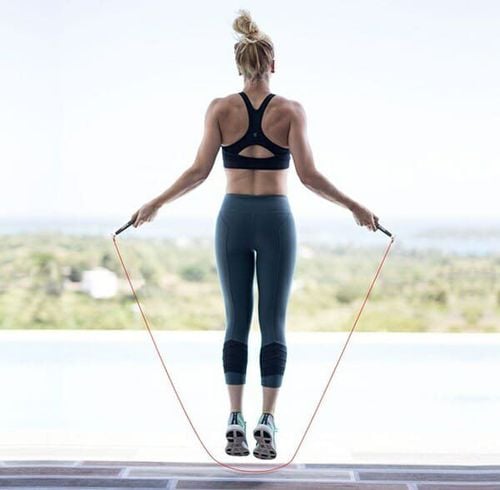
Người lớn nên cố gắng hoạt động thể dục để tăng cường sức khỏe
Muscle-strengthening activities can include exercises that count for repetitions and exercises such as sit-ups or push-ups. Some vigorous activity counts as both vigorous west-leg activity and muscle-strengthening activity.
Older adults who participate in any physical activity experience health benefits, including helping to maintain mobility, independence, and cognitive function. It may also help protect against osteoporosis (weak bones) and muscle decline, conditions that mostly affect older adults. Some physical activity is better than none, and the more you do it, the greater the health benefits.
As we age, we tend to gradually lose muscle mass, strength, strength, balance and flexibility, especially if we become less active. At least two days a week, try to participate in the types of activities that improve endurance, coordination and balance such as cycling, tai chi, yoga or stretching exercises, especially if you have risk of falling.
4. Benefits of exercise
4.1. Sleep better Exercise and sport activate brain chemicals that can make you feel happier and more relaxed. Team sports offer the chance to relax and participate in an activity that improves your fitness. If you play sports outside, you can benefit from fresh air, which is said to help you get a good night's sleep.4.2. A Strong Heart Your heart is a muscle and needs regular exercise to keep it fit and healthy. A healthy heart can efficiently pump blood around the body. Your heart will improve in performance when it is regularly challenged with exercise. A stronger heart can improve the overall health of the body.
4.3. Improve lung function Regular exercise causes more oxygen to be drawn into the body along with carbon monoxide and exhaust gases. This increases lung capacity during sports, improving lung function and efficiency.
4.4. Reduce stress When you are physically active, your mind has a chance to get rid of the stresses and strains of everyday life. Exercise reduces stress hormones in your body and stimulates the release of endorphins. These endorphins can give you more energy and focus for whatever life has to offer.
4.5. Improve mental health Participating in sport regularly and being active can also help promote mental health. This includes improving your mood, boosting feelings of happiness, reducing anxiety, fighting negative emotions, and fighting depression.
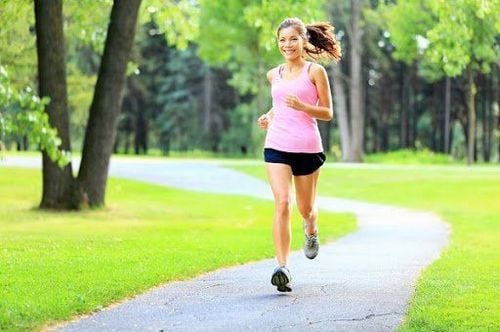
Tham gia thể thao thường xuyên và năng động cũng có thể giúp tăng cường sức khỏe tinh thần
Please dial HOTLINE for more information or register for an appointment HERE. Download MyVinmec app to make appointments faster and to manage your bookings easily.
Article referenced source: nutrition.org.uk



